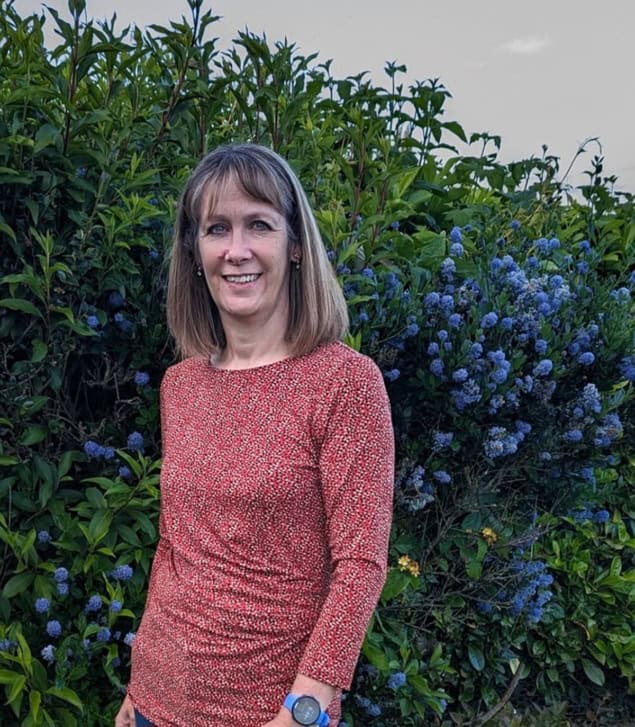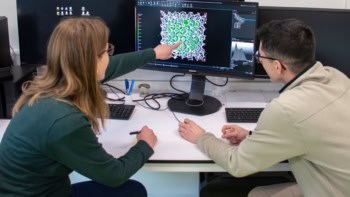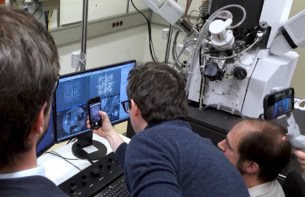Catherine Phipps, who studied chemical physics at the University of Bristol in the UK, has worked as an engineer at Rolls-Royce for more than 30 years

What skills do you use every day in your job?
I originally joined Rolls-Royce to use my physics skills in an engineering environment and see them applied in the real world. My plan was to work in the materials department, thinking that would align with my degree. But after completing the graduate training scheme, I chose to join the mechanical-integrity team working on demonstrator engines. A few years later, I moved to Berlin to focus on small engines for civil aerospace before returning to Derby in the UK, where I’m now a mechanical integrity engineer working on large civil engines.
A large part of my job involves understanding how materials behave in extreme conditions, such as high temperature or extreme stress. I might, for example, run simulations to see how long a new component will last or if it will corrode.
I’ll also design programmes to test how components behave when the engine runs in a particular way. The results of these tests are then fed back into the models to validate predictions and improve the simulations. Statistical analysis skills are vital too, as is the ability to make rapid judgements. Above all, I need to consider and understand any safety implications and consider what might happen if the component fails.
It’s a team role, working alongside people from numerous other disciplines such as aerodynamics, fluid mechanics and materials, and everyone brings their own skills. We need to make sure our designs are cost-effective, meet weight targets, and can be manufactured consistently and to the right standard. It’s immensely challenging work, which means I need to collaborate, communicate and – where acceptable – compromise.
What do you like least and best about your job?
Best has to be the people. It’s inspiring and motivating to work day in, day out in an international environment with talented, innovative and dedicated colleagues from varied backgrounds and with different life experiences. Sharing knowledge and coaching younger members of the team is also rewarding. Plus, seeing an aircraft take off and knowing you contributed to the engine design is an amazing feeling.
I did have a seven-year career break to have children, after which I was shocked at how much my colleagues had progressed. I felt in awe and inadequate. It was challenging to return, but everyone assured me the laws of physics hadn’t changed and I soon got back up to speed. The hardest time for me, though, was working from home during COVID-19. Meetings continued online, but I missed the chance conversations with colleagues where we’d run ideas past each other and I’d learn useful information. I felt siloed and it was hard to share knowledge. The line between work and home was blurred and it was always tempting to leave the laptop on and “just finish something” after dinner.
What do you know today you wish you knew when you were starting your career?
First, don’t think you always have to know the answer and don’t be afraid to ask questions. You won’t look stupid and you’ll learn from the responses. When you start working, it’s easy to think you should know everything, but I’m still learning and questioning all these years later. New ideas and perspectives are always valuable, so stay curious and keep wondering “Why?” and “What if?”. You may unlock something new. Second, just because you start on one route, don’t think you can’t do something different. Your career will probably span several decades so when new opportunities arise, don’t be afraid to take them.



